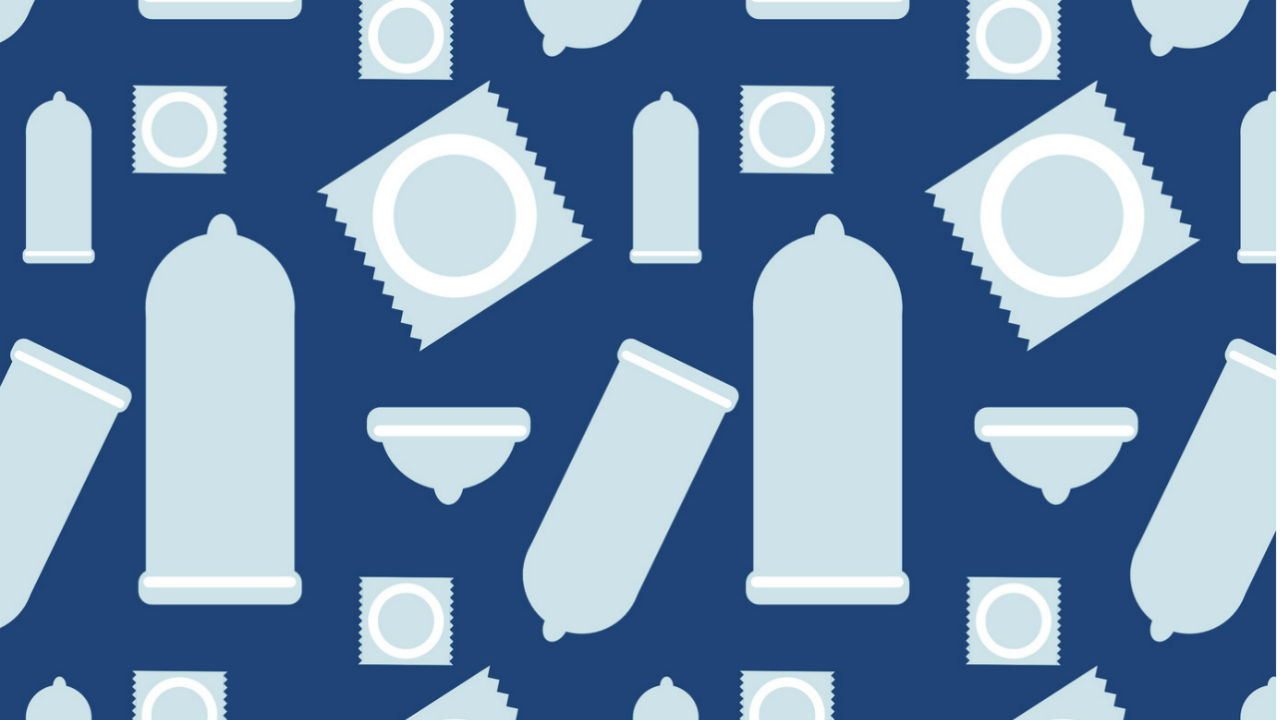Recently American officials apologized for a 1940s experiment in which United States government medical researchers deliberately infected nearly 700 Guatemalan prison inmates, soldiers and mental patients with syphilis. If the subjects contracted the disease, they were given antibiotics.
This is reminiscent of the 1932 Tuskegee study in Alabama, which observed how syphilis progressed in black men. Even after early antibiotics and penicillin were invented in the 1940s, doctors hid that fact so they could continue studying the men.
This apology has people talking about syphilis. Syphilis is a sexually transmitted disease caused by the bacterium Treponema pallidum. It’s spread through broken skin or mucous membranes. You usually get syphilis from sexual contact with someone who has it. It infects both men and women in the genital area, lips, mouth, and anus. It can also pass from mother to baby during pregnancy. The disease is widespread in the U.S., mainly affecting sexually active adults ages 20 to 29.
Many people infected with syphilis don’t exhibit symptoms for years. Symptoms depend on the stage of the disease. There are three stages: primary, secondary and tertiary.
Painless sores – called chancres – and swollen lymph nodes are symptoms of primary syphilis. A chancre forms at the site of infection about two to three weeks after being first infected. The sores disappear in about four to six weeks, even without treatment. However, without adequate treatment, the infection progresses to the secondary stage.
Those with secondary syphilis may have fever, fatigue, rash, aches and pains, and loss of appetite, among other symptoms.
Tertiary syphilis is the final stage. Symptoms include difficulty coordinating muscle movements, paralysis, numbness, gradual blindness, and dementia. This damage may cause death.
Health care providers diagnose syphilis by either examining a chancre or performing a blood test.
Syphilis is easy to cure with antibiotics if caught early. The antibiotic of choice is penicillin. The dose and how it's given depend on the stage of syphilis. Doxycycline may be used for those allergic to penicillin.
Treatment kills the bacteria and prevents further damage, but it won’t repair damage already done. There are no home remedies or over-the-counter drugs that cure syphilis.
Syphilis is extremely contagious through sexual contact in the primary and secondary stages. People with syphilis must notify their sex partners so they can receive treatment if necessary.
Having syphilis once does not protect a person from getting it again. Even after treatment, people can get it again.
Notify your doctor if you develop symptoms of syphilis. Several diseases have similar symptoms, so you will need a complete medical exam.
Stacy Lloyd is a writer and video producer in Phoenix, Arizona. A former television news journalist, she covered stories around the world. Currently, she produces corporate and non-profit videos and broadcast programming.





Add a CommentComments
There are no comments yet. Be the first one and get the conversation started!